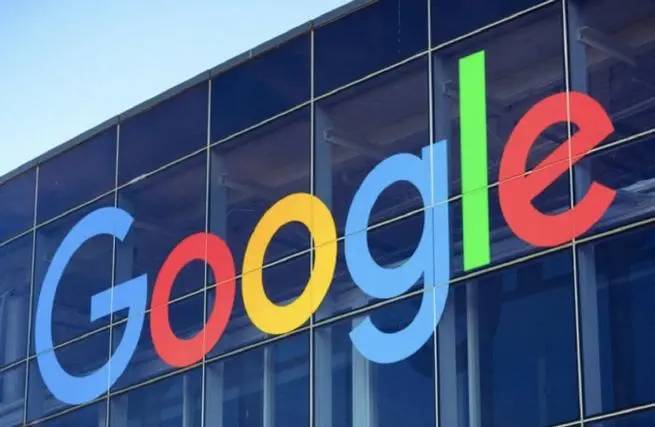
On August 5, U.S. District Court Judge Amit P. Mehta ruled that Google violated antitrust laws to maintain its monopoly in online search. The judge made it clear in his ruling that “Google is a monopolist, and it acted to preserve its monopoly.
“This landmark ruling marks the first major antitrust ruling against a tech giant in the modern digital age. It is the right decision, and a belated one. It will also reshape and improve the tech industry. According to the case, Google's anticompetitive behavior included paying billions of dollars a year to enter into exclusivity agreements with companies like Apple and Samsung. These agreements ensure that Google is the default search engine on all of their devices and browsers.
According to the court's ruling, these agreements “call for an exclusive 45 percent of the general search text advertising market.”
It's hard to disagree with the judge's assertion. These agreements prevent any potential competitor from reaching the size necessary to pose a challenge. This allows Google to offer higher prices to advertisers without competitive pressure. Google has long used its search engine to prioritize referrals to its own products and content, putting competitors at a disadvantage in search results. Over 90% of all web searches are conducted through Google.
Data is the new oil. Google is a data company. It aggregates vast amounts of our data to further enhance its search capabilities and dominance. Large tech giants are the new aristocrats in town. They have unprecedented global reach and the ability to influence our thoughts, opinions, purchases and votes to a greater degree than any country or government. These giants use algorithmic leverage to determine which stories you read and which you don't. This helps manipulate our thoughts and opinions from behind the scenes of their (personal data and AI-based) carefully curated news pushes. This decision in the Google case and the pending remedies are particularly important. They will impact a series of ongoing antitrust cases against other large tech companies. The U.S. Department of Justice has filed a lawsuit against Apple, accusing the company of discouraging consumers from choosing other cell phones;
The U.S. Federal Trade Commission has sued Metaverse Platforms Inc (Meta) for suppressing emerging competitors and Amazon for exploiting sellers on its platform. To date, the harshest penalty received by a large tech company is the $5 billion fine imposed by the FTC in 2019 for Meta's privacy violations. If the penalties are maximized, the fines could exceed $7 trillion. Obviously, Meta's stock price spiked immediately after the FTC announced the fine, quickly making up for the loss. Why are penalties traditionally so light? Because large tech companies spend millions of dollars a year on lobbying legislators or government officials. Ninety-four percent of members of Congress with power over privacy and antitrust issues have received donations from political action committees or lobbyists for large tech companies.
New antitrust remedies are needed to address this unique challenge. Large tech companies' monopoly on data and content must be broken. Introducing new policies that support startups and smaller competitors is critical. Increased competition is critical to curbing the oversized influence of tech giants on our media, news, personal data and democracy. The last tech giant to face antitrust penalties was Microsoft nearly 25 years ago.
Today, we are in a different era. The issue of weakening Google's dominance will be decided in another hearing. It's a tough thing to do. It's one thing to find a large company guilty, but what kind of penalty will have the desired effect of freeing up the market? There must be authorization to stop Google from entering into exclusivity agreements, excluding potential competitors, topping its own products in search results, or other self-serving behavior.
There must also be tough, enforceable penalties for violations. Breaking up these giants - starting with Google as the first domino - would be transformative. The online tech industry is only about 30 years old. It's too early to close the doors of the free market and allow a handful of tech companies to dominate unchallenged.
We have only scratched the surface of how these emerging technologies will best serve consumers. The antitrust laws are designed to support a free and competitive business environment so that American entrepreneurship can flourish. Let's get started.




